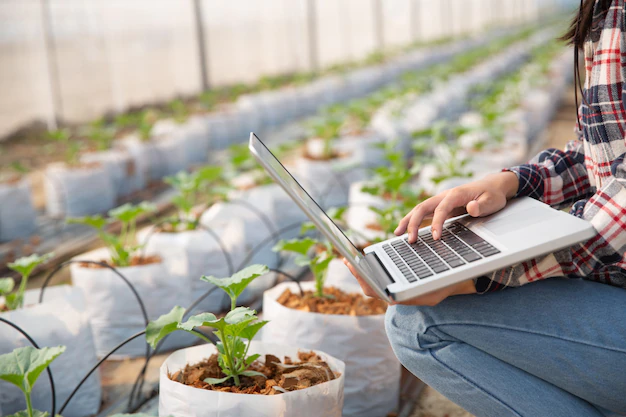A seed technologist plays a crucial role in the field of agriculture by working with seeds to ensure their quality, viability, and overall performance. Here are 10 things you should know about a seed technologist job:
- Seed Quality Assessment: Seed technologists are responsible for assessing the quality of seeds by examining their physical attributes, such as size, shape, color, and uniformity. They also perform germination tests to determine the viability and vigor of the seeds.
- Seed Treatment: Seed technologists may apply various treatments to seeds, including fungicides, insecticides, or coatings, to protect them from pests, diseases, or environmental factors. They ensure that the treatments are applied accurately and in compliance with regulations.
- Seed Storage and Handling: Proper storage and handling of seeds are crucial to maintain their quality and viability. Seed technologists are knowledgeable about seed storage conditions, including temperature, humidity, and ventilation requirements, to prevent deterioration or loss of germination capacity.
- Research and Development: Seed technologists may work in research and development departments, contributing to the development of new seed varieties or improving existing ones. They collaborate with plant breeders and geneticists to test and evaluate new seed technologies or traits.
- Quality Control: Seed technologists ensure that seed production and processing operations comply with quality standards and regulations. They conduct regular inspections and tests to monitor the quality of seeds at different stages, from production to packaging.
- Data Analysis: Analyzing and interpreting data is an essential part of a seed technologist’s job. They collect and analyze data related to seed quality, performance, and production, and use statistical techniques to draw meaningful conclusions and make informed decisions.
- Documentation and Reporting: Seed technologists maintain accurate records of seed testing results, treatments applied, and other relevant information. They prepare reports summarizing the data and provide recommendations for seed improvement or process optimization.
- Equipment and Technology: Seed technologists work with a variety of specialized equipment and technologies, such as seed testing equipment, laboratory instruments, and computer software for data analysis. They stay updated with the latest advancements in seed technology and adapt to new tools and techniques.
- Regulatory Compliance: Seed technologists need to be knowledgeable about local and international regulations governing seed quality, labeling, and trade. They ensure that the seeds meet the required standards and certifications for domestic or international distribution.
- Communication and Collaboration: Seed technologists often collaborate with different stakeholders, including farmers, seed producers, plant breeders, and regulatory authorities. They communicate technical information effectively, provide guidance on seed-related matters, and contribute to the overall improvement of the seed industry.
Remember that specific job responsibilities may vary depending on the organization, the type of seeds involved (such as agricultural, horticultural, or forestry), and the stage of the seed production process.
Join 'Farmers Mag' WhatsApp Channel
Get the latest Farming news and tips delivered straight to your WhatsApp
CLICK HERE TO JOIN






